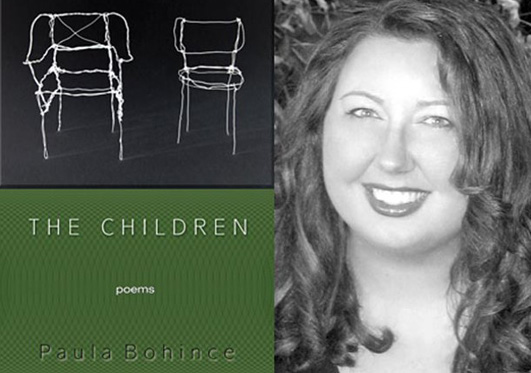When Anti-Bully Bullies Go Mainsteam
I haven’t written anything about the “Stop the Goodreads Bullies” phenomenon, because (1) I haven’t really wanted to give them that extra little bit of exposure, and (2) people like Stacia Kane, Foz Meadows, and John Scalzi have already covered the things that needed to be said about this group specifically, while Sarah Wendell of Smart Bitches, Trashy Books wrote a fantastic post about the broader reality of public conversations and criticism:
“The conversation and interaction in response to what we consume is essential. It is normal. It is not always positive. It is always valuable.”
I didn’t have much to add to all that, beyond a few tweets.
If you aren’t familiar with this situation, here’s the short version: There’s a cluster of people who are put out by Goodreads users “bullying” authors through negative reviews, so they’ve taken it upon themselves to anonymously (and pseudonymously) harass those users by exposing their personal information. They’re nothing more than a sub-literary version of jumped-up thug wannabes, and even that is giving them more respect than they deserve. They’re the kind of malicious people who claim they’re speaking truth to power, when what they’re really doing is using a thimbleful of power to intimidate people they think don’t even have that much, and convincing themselves they’ve got the moral authority to do so.
They’re a mutual appreciation society of cruel, smug assholes, and I say that as somebody who, nearly half a lifetime ago, was myself capable of being a major asshole on the Internet, until I acquired a proper sense of shame and mortification. I also say it as somebody who’s been in the crosshairs of cruel, smug assholes, and who continues to see good friends in the literary community have to deal with cruel, smug assholes and self-appointed enforcers of what’s wrong and right. But it’s not a pleasant topic, and I didn’t have anything particularly original to add to the conversation, so as I say I’ve held off.
But then the Huffington Post book section decided to give these smug assholes a platform.
I’m not going to link directly to the post; you can find it if you want (and it’s one click away from a link I’m about to give you). Suffice it to say that HuffPo basically gave them an uncritical space in which to make their case for literary vigilantism, and they took full advantage of the opportunity. And when readers began to point out what had happened, HuffPo’s response was to add a note at the beginning: “This is an opinion piece, and does not represent the views of HuffPost Books or its editors.” And to tweet: “We do not endorse the actions or words of people who write blogposts on our site.”
20 July 2012 | theory |
Paula Bohince, “Pinot Noir”

photo: Patrick Mullen
Drinking deeply on the globe, waiting for blackness
to overtake romance completely,eyes roaming the faded amphitheater of woods, I breathe in
pine pitch, admire columns of pines everlastingagainst the crumbling columns of the burned-down smokehouse,
its three steps leading up to nothingnessbut where grass still holds the essence of pig fat
and summer’s adrenaline. Now it’s a stagefor the imagination: my father, seven, feeding his beagle
beer, laughter of the uncles resounding through airas his pet topples over, lifting its leg to piss, exposing
its pink and hairless stomach, the child,at last, approved of, taken in their circle, laughter caught
in the ch-ch-ch-waah of locusts.
The Children is the second collection of Paula Bohince’s poems. “Milkweed” and “Lenox Aubade” appeared in Agni; “Mother’s Quail” was published in The New Yorker. “Gypsy Moths, or Beloved” appeared in Orion, and “Entering the Ouse” in Poetry. You can hear her reading “Clothesline” at Slate.
In the Pittsburgh City Paper, which is where I found this conveniently already laid-out cover and headshot, Mike Schneider writes, “This is not… Billy Collins, or many other contemporary poets, who generally keep the tone on the light side and the situations familiar. With Bohince, we are drawn into an interior network that at its best sets off Plath-like, compressed-energy depth charges of imagery, but that also can produce the uncomfortable feeling that the poem is a puzzle to solve.”
19 July 2012 | poetry |

 Our Endless and Proper Work is my new book with Belt Publishing about starting (and sticking to) a productive writing practice.
Our Endless and Proper Work is my new book with Belt Publishing about starting (and sticking to) a productive writing practice. 
